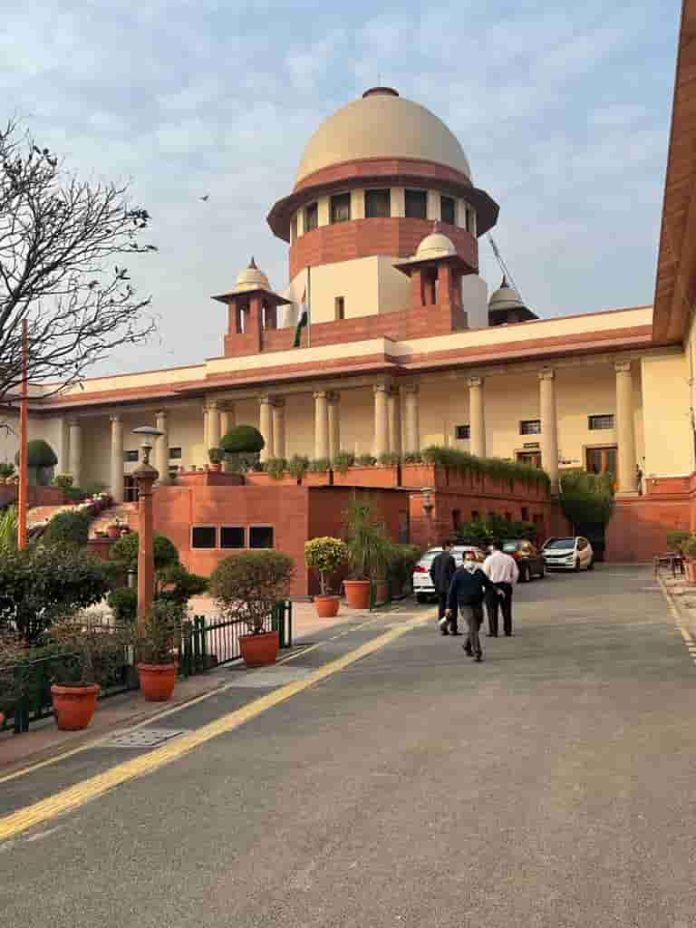The Supreme Court has decided to replace the word ‘sex worker’ in its handbook on gender-appropriate legal terms with more sensitive terms.
The words to be used in place of sex worker include trafficked survivor, woman engaged in commercial sexual activity, and woman forced into commercial sexual exploitation.
On August 28, several anti-trafficking NGOs had written a letter to Chief Justice of India D.Y. Chandrachud, requesting him to stop the use of the word.
As per the NGOs, a generic term like sex worker could be assumed to mean that all women engaged in commercial sexual activity were in it out of free and positive choice.
It also negated the reality that most women entered the trade through force or fraud, and that many remained in it out of negative choice, such as lack of better alternatives.
Anurag Bhaskar, Deputy Registrar at the Apex Court’s Centre for Research and Planning, wrote to the NGOs to acknowledge the receipt of the letter, and informed that the word “sex worker” would be changed.
He said based on the suggestion of these organisations, the nomenclature/word ‘sex worker’ would be changed to ‘Trafficked victim/survivor or woman engaged in commercial sexual activity or woman forced into commercial sexual exploitation.’
The Deputy Registrar told the petitioners that the Chief Justice of India has sent his regards to them for raising a valid concern.
He assured that the handbook would be updated soon in this regard.
On August 16, the Supreme Court came up with a handbook to deal with combating gender stereotypes and guiding judges for avoiding inappropriate usage of gender terms in court orders and legal documents.
Chief Justice of India (CJI) DY Chandrachud said that the book identifies stereotypes unwittingly used by courts in various judgments.
He said they have been highlighted so that it will help judges to avoid stereotyping by recognising language that leads to such stereotypes.
The Chief Justice of India also said that the certain decisions have been highlighted for ensuring usage of terms which should be avoided by judges in future. It also added not to cast any aspersion on such judgments or the judges who authored those verdicts.
The CJI said that the handbook identifies stereotypes used by courts and how they are unwittingly used.
He added that the handbook was not taken out with the aim to cast aspersion on judgments, but to apprise the judges to avoid it by recognising the language, which lead to stereotypes. It highlighted the binding decisions, which have highlighted (sic) the same.
The CJI added that the manual and the tutorial for e-filing have been uploaded on the Supreme Court’s website and it would be followed by the handbook.
In a recent case, the CJI had approved gender-neutral restrooms and online appearance slips at the Supreme Court.
In the recently approved gender-neutral restroom, nine universal, gender-neutral restrooms are proposed to be constructed at different locations in the main building as well as the additional building complex of the Supreme Court.


